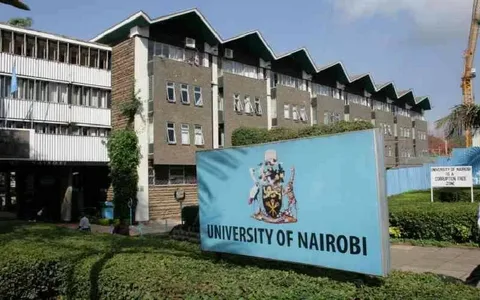The University of Nairobi (UoN) is grappling with a deepening leadership crisis following the High Court’s decision to reinstate its council members. This ruling comes after Education Cabinet Secretary Julius Ogamba revoked their appointments through a Kenya Gazette notice on April 11, 2025, citing governance concerns.
Justice Lawrence Mugambi issued conservatory orders suspending the revocation, emphasizing the constitutional and administrative implications of the case. The reinstated council members, including Sally Ngeringwony Toroitich, Ahmed Sheikh Abdullahi, Dr. Parmain Ole Narikae, and Carren Kerubo Omwenga, had been reassigned to other universities before the court’s intervention. The decision to reinstate them has sparked debates about the university’s governance and the Ministry of Education’s role in public university management.
Adding to the turmoil, the Ethics and Anti-Corruption Commission (EACC) has summoned key figures, including acting Vice-Chancellor Prof. Margaret Hutchinson and council chair Prof. Amukowa Anangwe, over allegations of financial irregularities. Investigations focus on the leasing of prime university properties, with concerns about mismanagement and lack of transparency.
The Universities Academic Staff Union (UASU) has called for comprehensive reforms to address the governance challenges at UoN. The Auditor General’s report has flagged irregularities in property leases, further intensifying scrutiny. Stakeholders are urging the university to prioritize accountability and stability to restore its reputation as a leading institution of higher learning.
As the leadership crisis unfolds, the University of Nairobi faces mounting pressure to resolve internal conflicts and implement reforms that safeguard its integrity and future.


















